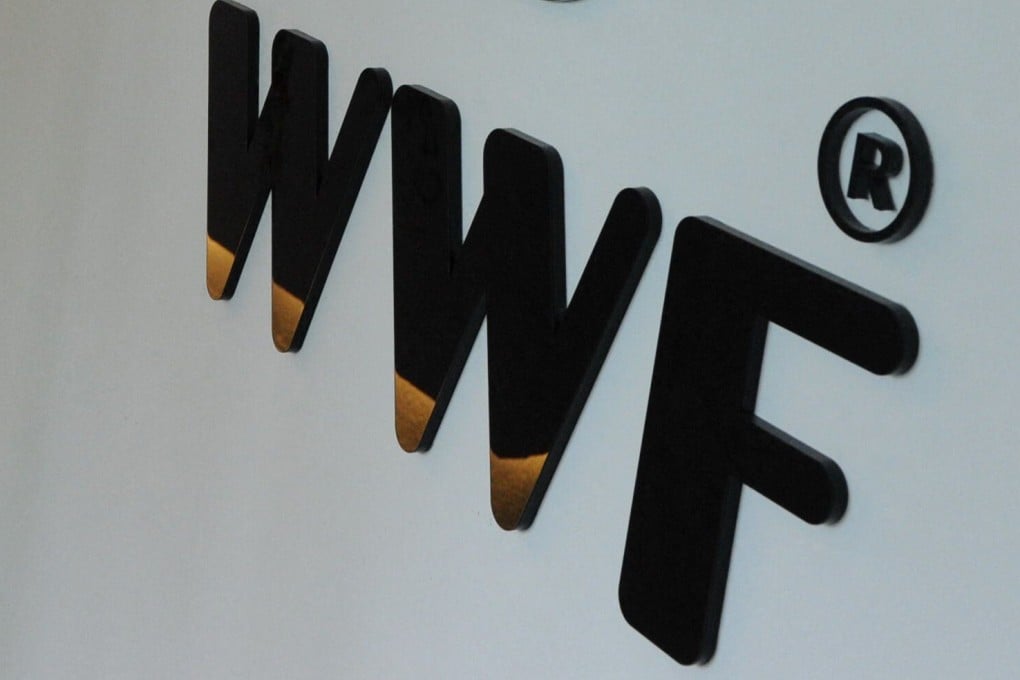WWF Singapore ex-employee says workplace bullying gave her PTSD
- Coralie Ponsinet, 31, is seeking compensation for emotional abuse by her former boss; WWF says it has ‘acted swiftly’ on substantiated complaints
- New legislation announced in August aimed at regulating workplace discrimination will ’improve grievance handling’ in Singapore, legal expert said

Three other people who worked at WWF Singapore during this same 19-month period described similar experiences, but declined to be named for privacy reasons.
In October 2017, a Melbourne doctor diagnosed Ponsinet – whose symptoms included insomnia, depression, loss of self-esteem, headaches and digestive issues – with PTSD, attributing the condition to a “persistent pattern of mistreatment by her former boss, which caused her undue emotional harm”, according to a medical report seen by This Week In Asia .
Ponsinet said she raised the alarm about bullying during her exit interview, and subsequently wrote to the human resources team at WWF’s head office in Switzerland about what had transpired.
But her request for compensation, made in September last year, was ultimately rejected, with the conservation body telling Ponsinet in an email that her former boss’s actions “cannot be equated with WWF” and so the organisation “does not accept any suggestion that it is liable”.
